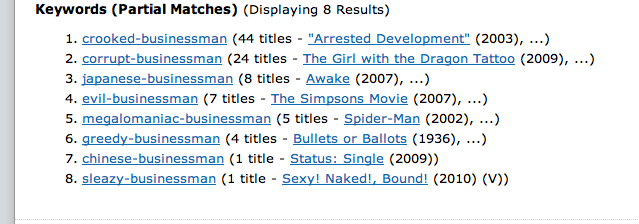When I was on staff with Campus Crusade for Christ, we had to raise all of our financial support from individuals and churches, requiring us to network through groups of friends, through referral networks, and to challenge people to join our team of ministry partners. “Support raising” as we called it to help people understand was more accurately “Ministry Partner Development” where we really sought not just to monetize the thing, but to challenge people to partner with us in reaching students for Christ.
If you’ve never done it, MPD might sound daunting at best, and terrifying at worst. As I look back on my staff career, it was both my least favorite and most faith-stretching thing during those 8 years.
It’s also a thing that produces a near-endless stream of really funny stories. Most people in a position for which they have to raise financial support can readily tell you a funny story of a miscommunication, a rude person on the phone, or a time when they let nerves turn them into a giant ball of awkward.
The problem with most of those stories is that there was no outlet for them, other than when you saw other staff members and could be assured you weren’t overheard. Nobody wants to come across as a self-righteous jerk by being (mistakenly) thought of as making fun of others’ ignorance. So the stories just stayed hidden, whispered in safe places like staff meetings and interoffice emails.
Until now. Now theres a place where I will be telling those stories. AssumetheBest.info
Why “AssumeTheBest?” Because one of the cornerstones in a good support-raiser’s training apparatus is the encouragement to, without fail, assume the best about the motives and intentions of those whom he is calling, meeting with, and challenging to join him. And as a staff member, I often laughed in the face of that encouragement, because that was the best way to cope with the dichotomy between “the best” and “the reality.” As a sidenote, I tried to register assumethebest.com, but somebody is squatting on that domain name, and I can’t figure out how to get it from them. So I got the .info one.
I hope it will go without saying, even though I said it on the “about” page over at ATB, but I loved my time on staff, and I loved the many people who supported us financially and prayerfully over the past decade. This website will be satirical, poking fun at the strange dynamics that happen when you ask Americans for their money. But I’m not bitter, and I hope the posts don’t come off that way. If you think that I am picking on you, I’m not. If you really think that I am, go ahead and follow this two step process:
- Assume the best about my motives.
- Call/Text/Email/Carrier Pigeon Me and let’s talk it over.
See you over at AssumeTheBest.info!


